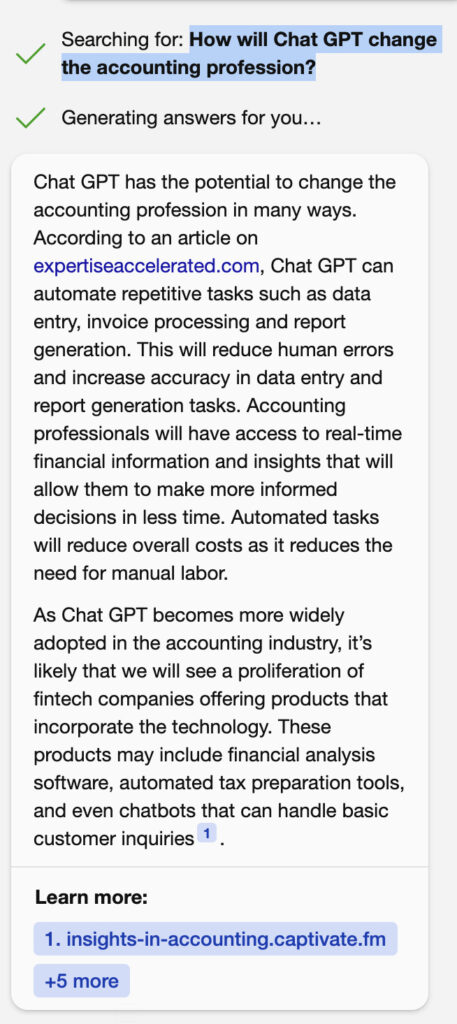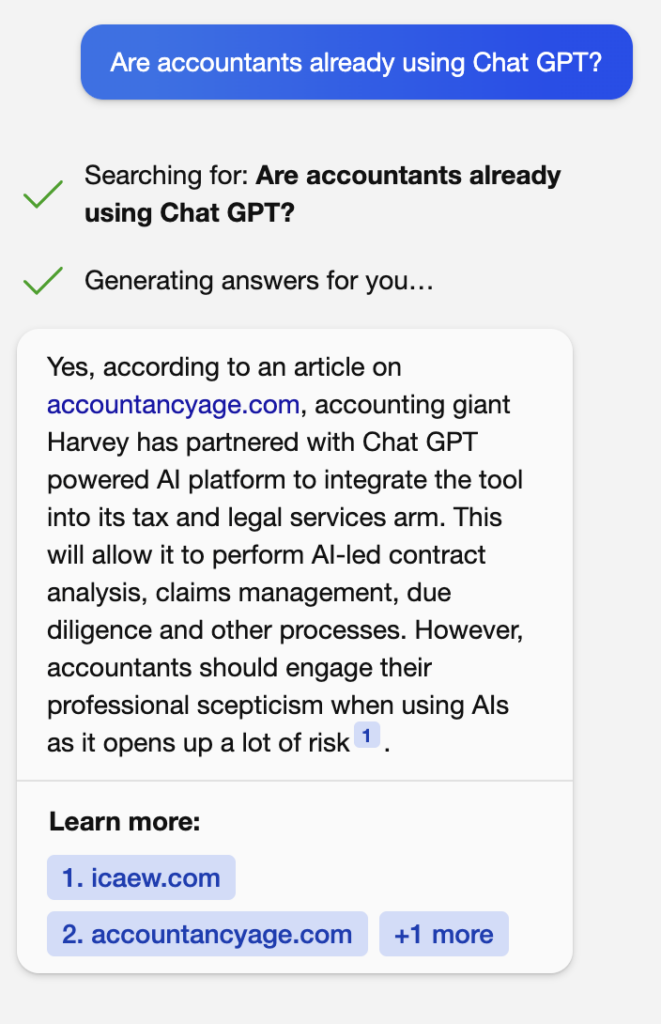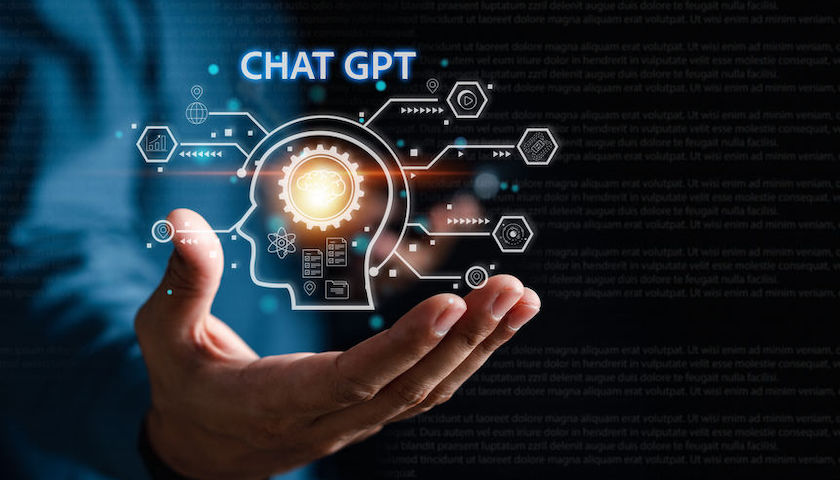“What is Chat GPT?” I asked a friend the other month.
“It’s great fun,” he replied as he logged into to his phone. “I’m using it to write poems.”
“Poems?” I echoed, slightly bemused by this unexpected literary enthusiasm.
“Yes, poems about Colchester. I send them to our mutual friend who’s a councillor. He thinks they’re great and he genuinely thinks I write them.”
To illustrate, my friend went to the Chat GPT home page and typed in “Write a haiku about Colchester”. Several seconds later, we had a haiku that was something like this:
Ancient walls embrace,
Colchester’s storied footsteps,
Whispers from the past.
Not bad. But not exactly brilliant either.
Of course, Chat GPT wouldn’t be such a hot topic if all it did was autogenerate doggerel. But what exactly is it, and what can it do?
More than just poetry
Chat GPT is an artificial intelligence (AI) chatbot, which was launched in November 2022. It is built on an AI language model called a generative pre-trained transformer (GPT). It’s not the only AI chatbot out there, but it’s the one that’s got the most attention in recent months.
To use Chat GPT on a simple level, you ask it questions or give it requests. For example, if I type in “Tell me about Beethoven in fewer than 40 words”, I get this response:
Ludwig van Beethoven was a German composer and pianist. He is considered one of the greatest composers in Western classical music, known for his innovative compositions and profound impact on the Romantic era.
Chat GPT bases its answers on what it has already learned. It’ll also give you a different answer if you ask it the same question twice. To illustrate, when I asked it a second time to tell me about Beethoven in under 40 words, it replied:
Beethoven was a German composer and pianist, considered a musical genius. He created groundbreaking compositions despite facing hearing loss and became a leading figure in Western classical music, leaving a lasting impact on the world.
However, Chat GPT is much more versatile that it appears at first glance. According to Wikipedia, it can do tasks that include writing and debugging computer programs, compose music, write essays, translate text and much more.
What is Chat GPT good at?
Chat GPT has an almost limitless number of applications. What I like about it from a writer’s point of view is that it’s really useful for generating ideas.
For instance, I asked it to write a blog post on how ChatGPT and artificial intelligence will transform the way we do accounting. Several seconds later, I had a 550-word article. While I found the post to be rather waffly and vague in places, it did generate five key insights into how AI could change accounting. These were:
- Automating repetitive tasks – such as data entry and bookkeeping.
- Enhanced data analysis and insights – by processing vast amounts of financial data
- Improved compliance and risk management – by detecting potential compliance violations in real time
- Streamlined audit and assurance – by automating data extraction, organising evidence and performing preliminary analysis.
- Personalised financial services – using Chat GPT to answer customer queries.
I found these insights useful and could certainly base an article on them. However, the blog post it generated did worry me. For example, it suggested Chat GPT could provide financial advice and assist in financial planning. Maybe in the future, but I’m not convinced Chat GPT is anywhere near good enough to do that yet.
What is Chat GPT bad at?
The main problem with Chat GPT at the moment is that it frequently gets things wrong. Because it learns from the vast amounts of information on the web, it can’t always distinguish whether that information is accurate or false. So for the time being at least, it’s best to double check any assertions it makes.
How else is it used?
While Chat GPT has the potential to be used in an almost limitless number of ways, there’s one use that is currently gaining a lot of attention. If you use the Bing search engine using the Microsoft Edge browser, you’ll see that it has integrated Chat GPT into its search function.
This is quite a nifty function. Instead of searching through pages of results, the chatbot pulls together information from different places and answers your queries like a human would. It also links to where it found the information.
To illustrate, I asked “How will Chat GPT change the accounting profession?”
I got this answer:

That was quite helpful. But what I really like is the fact you can ask follow-up questions, like this.

I think it’s a fantastic way to search the web and it’s certainly very time-saving
Chat GPT and the future
Chat GPT and other AI programs are improving all the time. In the future they will reshape the way we work in many different ways. However, Chat GPT is far from infallible and, if you were to rely on it without checking its answers, you could land in a lot of trouble. Instead, it’s currently a useful tool for research, inspiration and much more. Enjoy using it, but don’t trust it with your sensitive data or your reputation!
About Ben Locker
Ben Locker is a copywriter who specialises in business-to-business marketing, writing about everything from software and accountancy to construction and power tools. He co-founded the Professional Copywriters’ Network, the UK’s association for commercial writers, and is named in Direct Marketing Association research as ‘one of the copywriters who copywriters rate’.












